Valiant Space Awarded $750,000 Supply Chain Grant
Photo 1: A VS-1 prototype thruster undergoing a ‘hotfire’ test
Valiant Space has been awarded a $750,000 grant, administered by the Australian Space Agency, as part of the Australian Government’s Moon to Mars Initiative. The Supply Chain project, totalling $1 million, will see Valiant Space upscale and deliver its non-toxic satellite propulsion technologies to domestic and international customers by overcoming barriers to market entry.
The project will focus on three key areas: flight testing, scalability and delivery. Valiant will conduct two demonstration spaceflights of its VS-1 non-toxic thruster hardware over the duration of the one year project.
“This project is an exciting next step for the company.” Valiant CEO Andrew Uscinski said. “By scaling up and flight testing our VS-1 thruster, we are positioning ourselves to enter into a growing market looking for faster, safer, and cheaper in-space propulsion.”
Valiant Space was previously awarded a Demonstrator Feasibility Grant in mid-2021 by the Australian Space Agency to mature the company’s non-toxic thruster technology. The activities of the Supply Chain project will continue on the development work conducted over the past year, with an emphasis on readying the VS-1 for market entry.
Michael Douw, Valiant Space’s CTO, said, “This is a success story for Valiant, and for the Australian space industry. The feasibility work we have conducted has matured into a high tech, high value, and export ready supply chain opportunity.”
The project will see Valiant complete its first orbital flight tests, launching onboard two SpaceX missions in Q4 2022 and Q2 2023. Gaining flight heritage is a critical milestone for all aerospace companies, and these flights will seek to demonstrate the ability of the VS-1 to perform as expected when in space.
The company will also bring critical manufacturing capabilities in house, expand and upskill its team, and ramp up production of the VS-1 thruster in advance of market entry later in 2023.
In-space chemical thrusters are necessary for manoeuvres, such as orbit insertion, orbital maintenance, collision avoidance, and de-orbiting. Currently, the space industry relies heavily upon carcinogenic propellants for this type of propulsion.
Photo 2: A flight-weight VS-1 thruster
By using non-toxic and readily available propellants, Valiant aims to greatly improve the safety and reduce logistical complexities associated with launching satellites to space, without compromising on performance.
“This supply chain project will allow us to bring locally designed and manufactured space hardware to the market,” Mr Uscinski said. “This is an essential enabling technology for space exploration, so the possibilities for future Australian missions are very exciting.”
- ENDS -


